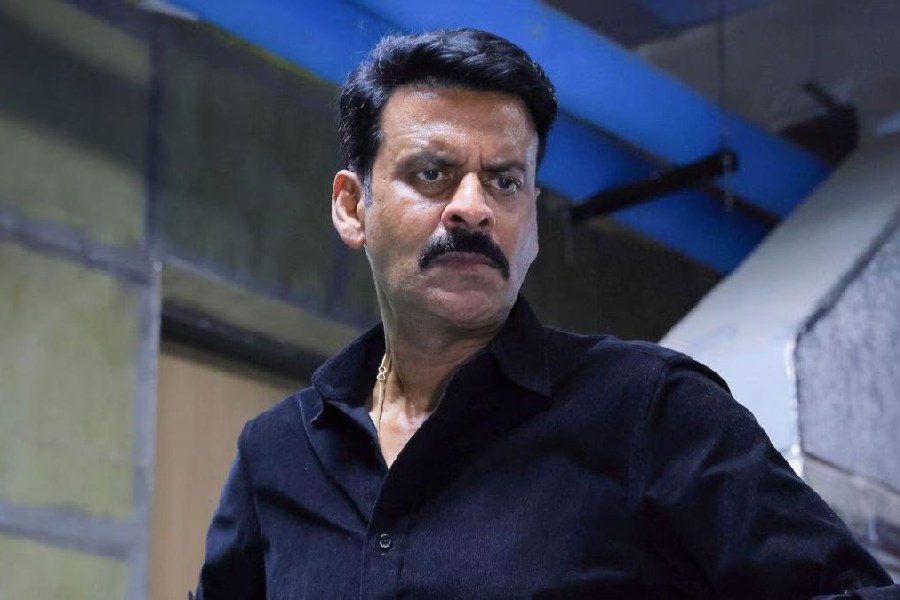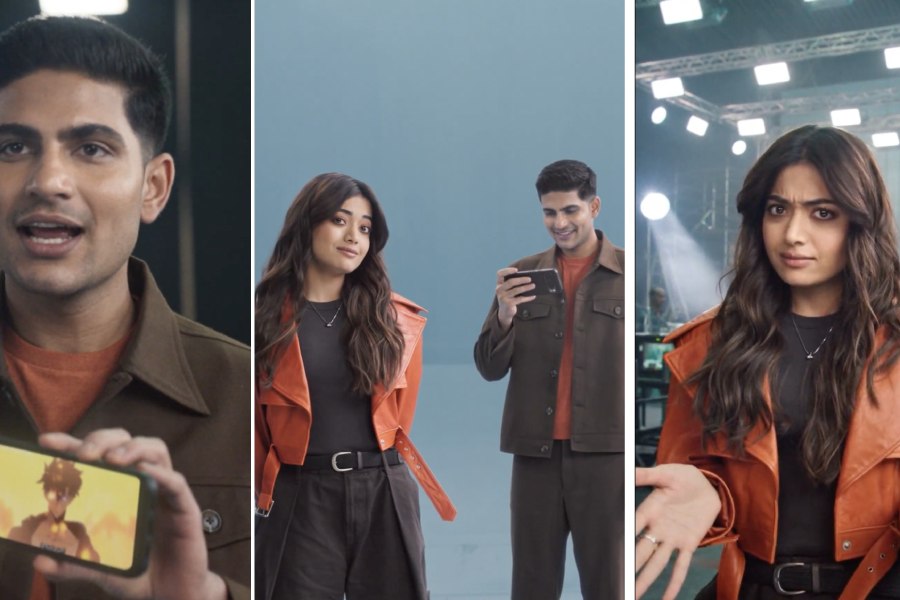New Delhi, Sept. 17: The Supreme Court has agreed to examine in detail a Gujarat government plea that says it cannot grant an entertainment tax exemption to a movie portraying a gay young man because homosexuality is a "social evil".
In February last year, Gujarat High Court had directed that the film Meghdhanushya (Rainbow) be granted the exemption, ruling that it merely portrayed the suffering of a gay person and did not promote homosexuality. Under Indian law, a homosexual act is a criminal offence.
The state government then moved the apex court and obtained a stay on the high court order. More than a year later, when the matter came up for hearing today, the bench of Justices A.R. Dave and A.K. Goel decided the subject demanded a thorough and detailed examination.
According to the Gujarat government, the "controversial" subject of homosexuality comes under the "exception category" of the state law that governs entertainment tax exemption. The benefit is given as a routine to Gujarati-language movies made after April 1, 1997, but not if they promote "social evil" or undermine national unity.
For instance, films depicting blind faith, sati, dowry and other social evils are denied the entertainment tax exemption, the state argued.
Earlier, after the Central Board of Film Certification had given the film an "A" (adult) certificate, the filmmaker, Kiran Kumar Rameshbhai Devmani, had sought the entertainment tax exemption.
But Gujarat's commissioner of entertainment tax twice declined his applications.
In his first application, Kumar had said his film was centred on a young man who found himself attracted by people from his own sex.
But the commissioner suggested he delete certain lines and words such as "homosexual" and "gay" from the film and the English subtitles. When Kumar refused, the commissioner rejected his application on May 18, 2013.
But the commissioner had to review the order under directions from the deputy secretary of the state information and broadcasting ministry. On July 1, 2013, the commissioner rejected Kumar's second application, this time ruling that the film's storyline was unacceptable, "not only in Gujarat but for the entire country and the world over".
Kumar, however, argued in the high court that the film reflected the agony of a gay person who is ridiculed by society. The high court agreed and ruled that refusal to grant the exemption was arbitrary and violated Kumar's freedom of expression.
"The issue perhaps embarrasses some members of society and is talked in hushed whispers. That, however, would not mean that it falls in the categories mentioned in the exemption category," the high court ruled.











